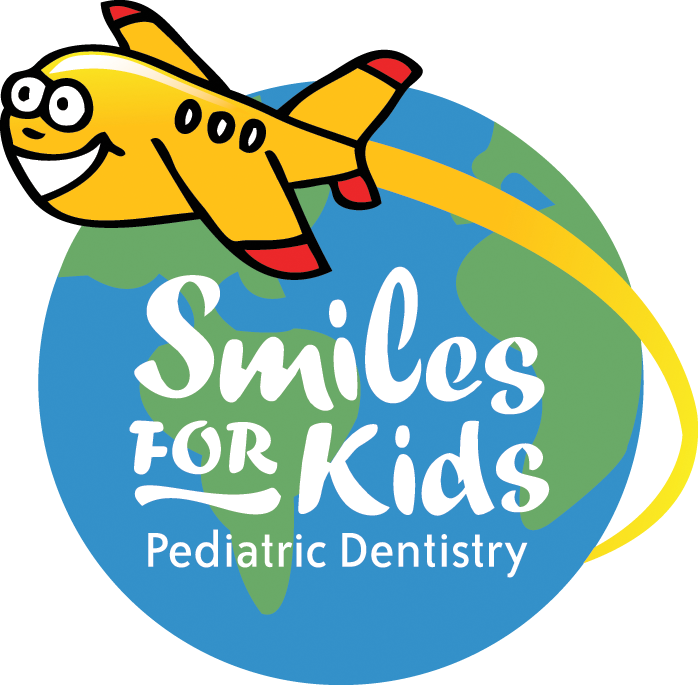GERD and Children’s Teeth
/Gastroesophageal reflux disease or GERD is actually a digestive, and not an oral, problem. However, teeth are naturally affected when stomach acid flows back up and reaches the mouth and often are the first sign of this condition. Imagine the havoc it can cause especially on thin enamel of baby teeth. If your child has been diagnosed with GERD or its less severe form, acid reflux, then be prepared to accompany your child to more dental trips than usual to protect those delicate teeth.
Kids suffering from GERD often adjust to life with acid reflux without complaining and parents as well as pediatricians do not realize that the child is suffering. However, sometimes they do complain of acidic taste in mouth, frequent heartburn, and difficulty in swallowing, vomiting or coughing during sleep and discomfort while laying down. GERD is associated with other conditions such as premature birth, ADHD, cerebral palsy and asthma. A child with GERD is more susceptible to common dental problems such as bad breath, cavities and tooth decay. If your child already has such conditions, they could get worse.
Signs of wear on the teeth might be the first sign of acid reflux parents notice. You might notice holes in your child’s teeth especially on cusps of molars and canines. These holes are signs of enamel erosion and can cause sensitivity. Over time, if left untreated, the holes can become bigger and deeper, even exposing tooth nerves and causing irreversible tooth structure loss. It is important to work closely with your child’s pediatric dentist as early as possible.
At Smiles For Kids we recommend certain lifestyle and dietary changes that may be similar or supplementary to what your child’s pediatrician might have mentioned. The list usually includes teaching your child to eat a balanced diet and avoiding acidic foods, as well as how to eat smaller amounts and chew well. Keep in mind that food has a huge impact on the success or failure of your attempts to keep your child’s dental health at bay.
Most kids with GERD are discouraged from eating sour foods and acidic drinks. However, fried and spicy foods are proven to be just as harmful. Furthermore, what may be helpful to the condition could be harmful to the teeth. Take carbohydrates for example. They are recommended for people with this condition but most carbs are starchy, sugary and sticky on teeth which easily causes decay. Sugar, another known tooth decay ally, is added to most GERD medications.
It is helpful to make a list of conditions that trigger your child’s GERD. Know the kinds of food that cause symptoms of GERD, what your child experiences when it occurs, the time of day it happens and how frequently it occurs. Lastly, brushing teeth is often a challenge for a child with GERD because of tooth sensitivity caused by erosion or perhaps due to other related negative experiences. Be patient though. Try to make brushing a more pleasant experience. Buy toothpaste for sensitive teeth, a toothbrush with soft bristles. You can try one with sounds or one with his or her favorite cartoon characters. Do whatever helps your little one brush.
